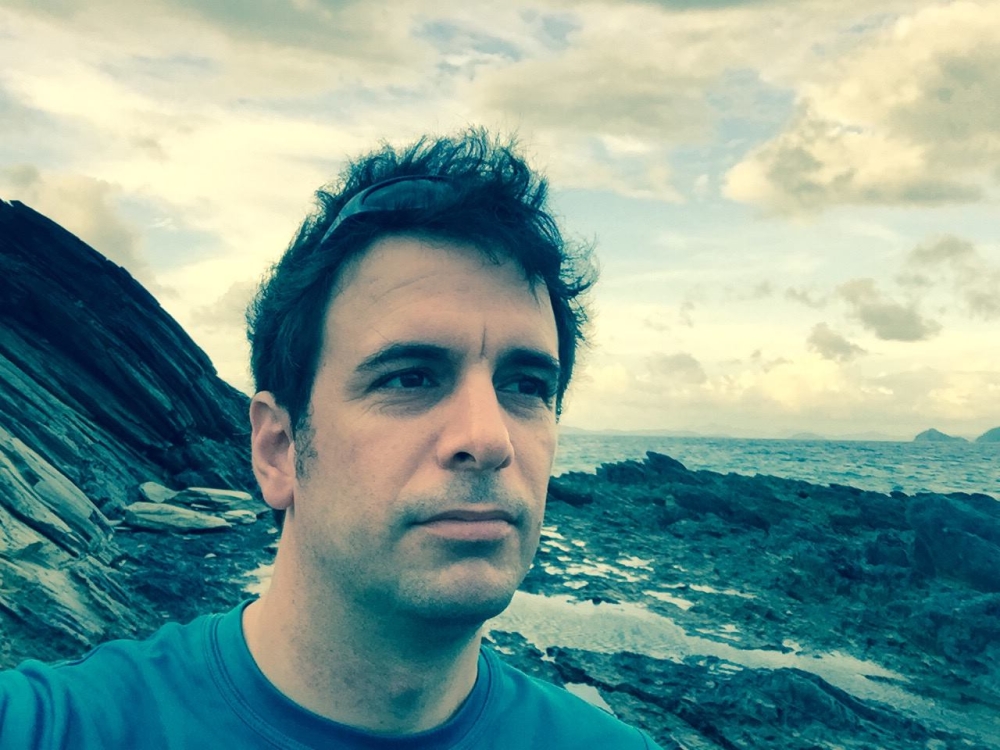AMONG the many foreigners who had lived in the Philippines and learned to love this land was Manuel María Rincón, sadly forgotten today. Born in Seville, Spain in 1859, Rincón, as did many of his peers who sought a secure career and a stable source of income, studied military engineering in Segovia. Two years later, he decided that the battles of his life should not be fought with weapons, but with words, and he started to work as a journalist for newspapers in Madrid. It was there that he met the well-connected, rising politician, Víctor Balaguer, who had connections and was Minister of the Overseas Provinces for a brief period. This encounter changed the former’s life forever — his patron secured for him a modest position in the bureaucratic administration of the Philippines, and Rincón arrived in Manila in November 1884.
Writing for the daily La Oceanía Española, Rincón drew the attention of the father of Philippine journalism, José Felipe del Pan, who noticed the young peninsular’s facility with words as well as certain praiseworthy characteristics of his personality that stood out, as he was incorruptible. As a man of integrity with great literary skills, he was respected by both Filipinos and Spaniards. As pointed out by the historian Wenceslao Retana, Rincón was always called upon to write on controversial news due to his publisher’s desire to avoid any impending conflicts. He not only achieved renown for his excellent reputation, but also for his fairness in narrating events without causing undue harm to anyone.
Continue reading with one of these options:
Ad-free access
P 80 per month
(billed annually at P 960)
- Unlimited ad-free access to website articles
- Limited offer: Subscribe today and get digital edition access for free (accessible with up to 3 devices)


